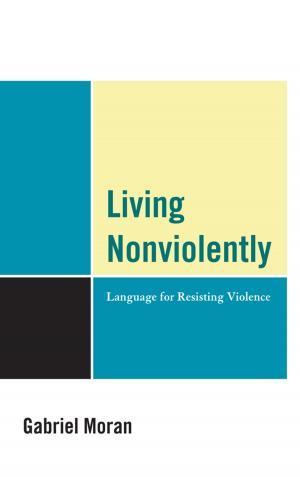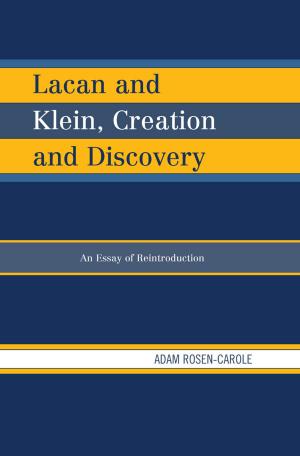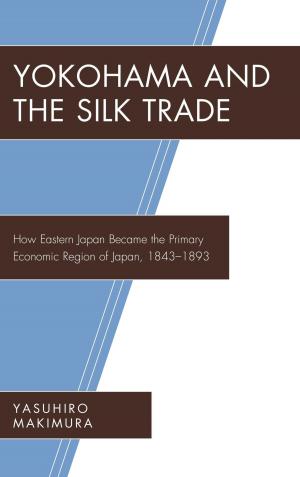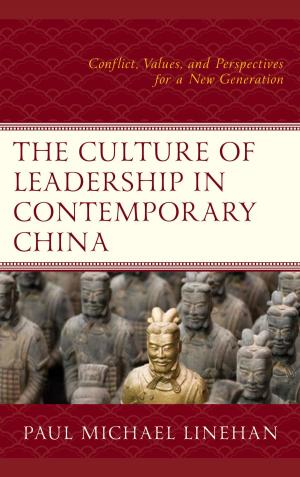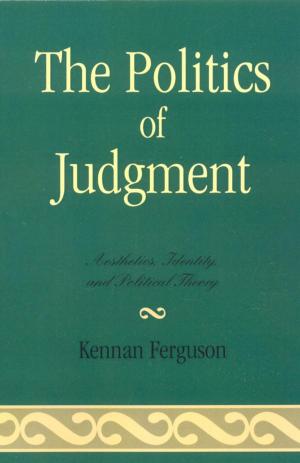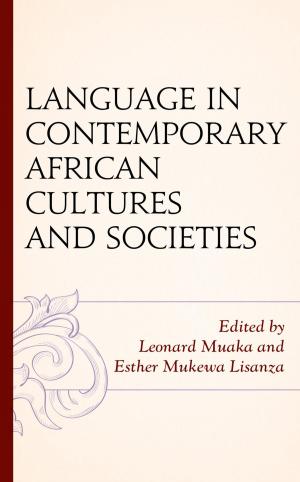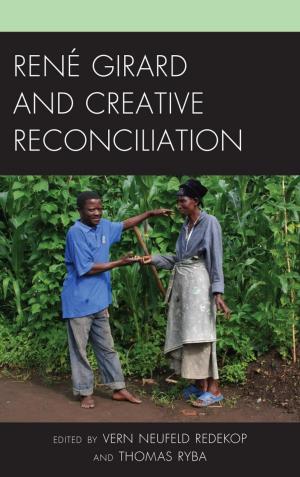The American YMCA and Russian Culture
The Preservation and Expansion of Orthodox Christianity, 1900–1940
Nonfiction, History, Asian, Russia, Modern, 20th Century, Americas, United States| Author: | Matthew Lee Miller | ISBN: | 9780739177570 |
| Publisher: | Lexington Books | Publication: | December 14, 2012 |
| Imprint: | Lexington Books | Language: | English |
| Author: | Matthew Lee Miller |
| ISBN: | 9780739177570 |
| Publisher: | Lexington Books |
| Publication: | December 14, 2012 |
| Imprint: | Lexington Books |
| Language: | English |
In The American YMCA and Russian Culture, Matthew Lee Miller explores the impact of the philanthropic activities of the Young Men’s Christian Association (YMCA) on Russians during the late imperial and early Soviet periods. The YMCA, the largest American service organization, initiated its intense engagement with Russians in 1900. During the First World War, the Association organized assistance for prisoners of war, and after the emigration of many Russians to central and western Europe, founded the YMCA Press and supported the St. Sergius Theological Academy in Paris. Miller demonstrates that the YMCA contributed to the preservation, expansion, and enrichment of Eastern Orthodox Christianity. It therefore played a major role in preserving an important part of pre-revolutionary Russian culture in Western Europe during the Soviet period until the repatriation of this culture following the collapse of the USSR. The research is based on the YMCA’s archival records, Moscow and Paris archives, and memoirs of both Russian and American participants. This is the first comprehensive discussion of an extraordinary period of interaction between American and Russian cultures. It also presents a rare example of fruitful interconfessional cooperation by Protestant and Orthodox Christians.
In The American YMCA and Russian Culture, Matthew Lee Miller explores the impact of the philanthropic activities of the Young Men’s Christian Association (YMCA) on Russians during the late imperial and early Soviet periods. The YMCA, the largest American service organization, initiated its intense engagement with Russians in 1900. During the First World War, the Association organized assistance for prisoners of war, and after the emigration of many Russians to central and western Europe, founded the YMCA Press and supported the St. Sergius Theological Academy in Paris. Miller demonstrates that the YMCA contributed to the preservation, expansion, and enrichment of Eastern Orthodox Christianity. It therefore played a major role in preserving an important part of pre-revolutionary Russian culture in Western Europe during the Soviet period until the repatriation of this culture following the collapse of the USSR. The research is based on the YMCA’s archival records, Moscow and Paris archives, and memoirs of both Russian and American participants. This is the first comprehensive discussion of an extraordinary period of interaction between American and Russian cultures. It also presents a rare example of fruitful interconfessional cooperation by Protestant and Orthodox Christians.


